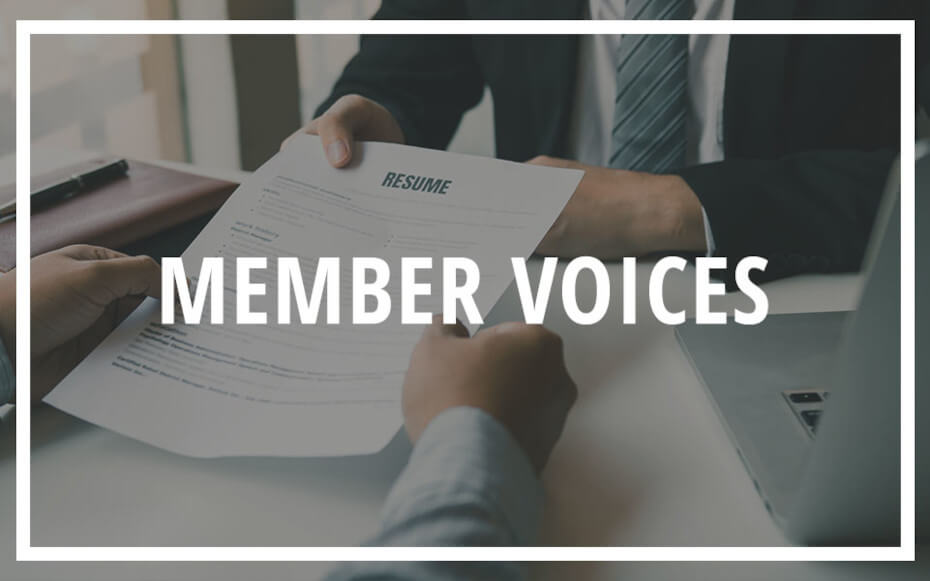Recent NACE research has shown that a majority of employers are expecting to ramp up their hiring efforts in the coming months, which is good news for the Class of 2022.
To prepare for this expected hiring push, career services departments will need to work with students to prepare their resumes the details that employers seek. NACE’s Job Outlook report has many of those details; however, one area that remains unclear is the professional summary statement. While many advise including the brief summary statement at the beginning of a student’s resume, others believe that the statement may be redundant to more detailed skills- and experience-related information found further down in the resume. With that in mind, when the topic arose in the NACE Community in recent weeks, it very quickly received many responses, with both NACE college and employer members sharing their personal thoughts. Some highlights from this discussion are below:
“Many employers I spoke to feel that a professional summary for undergraduate students is an oxymoron. They feel it takes up space that can be better utilized in the resume content explaining the experiences they have had. If you are working with someone who has been in industry for (let's say) 5 years, then a professional summary may have "meat" to it and add value.”
- Jennifer Hough, Assistant Director, Westminster College
“Though it's called a ‘summary,’ I think of it more as a high-powered intro that contains brief, specific, and highly relevant details about the candidate. If it's nothing more than a text-heavy paragraph that summarizes generic information, then it is indeed ‘unnecessary’—perhaps a wasted opportunity.
If done right, this section instantly communicates who you are and how you add value—even if it's only a headline and a couple of bullet statements or sentences. It's especially important for career changers or career starters who need to take control of their narrative and make a strong connection between their strengths and the requirements of the job. The alternative is to leave it up to the reader to make assumptions about the ‘cold facts’ of the resume.
- Steven Starks, Sr. Manager of Career Counseling Programs & Ops, University of Phoenix
“I do believe they are useful from an employer’s perspective. For a college student I recommend two sentences. First sentence focuses on what they are looking for … The second sentence should tell me why they would be good at that type of work. Nothing too long or drawn out. This becomes very helpful for us with majors that have a wide variety of opportunities.”
- Scott Moore, Sr. Manager, Early Talent Recruiting, Zillow
“[W]ithout much experience, a professional statement is not an effective use of prime real estate within a resume. Personally, I have started experimenting with an explicit ‘Accomplishments’ section towards the top of resumes to highlight items of note from my experiences. I think this directs attention to important achievements/information that can separate/differentiate me (or any candidate utilizing this format).”
- Christopher McPherson, Director, Learning & Student Development Center, West Liberty University
“I am in favor of a "Professional Summary"—IF it is well written and adds value to the document.
In most cases, I have never seen a well-written summary by a student that has all the elements I would be looking for. So, in that case, I would tell them to take it off or revise it. I typically don't see students who have a professional summary on their resume unless they have been advised to add it by someone else. I don't think they really know what these are, they are much more familiar with objective statements.”
- Audra Morrison, Career Counselor and Coordinator, Career Development Services, University of North Florida – College of Arts & Sciences






